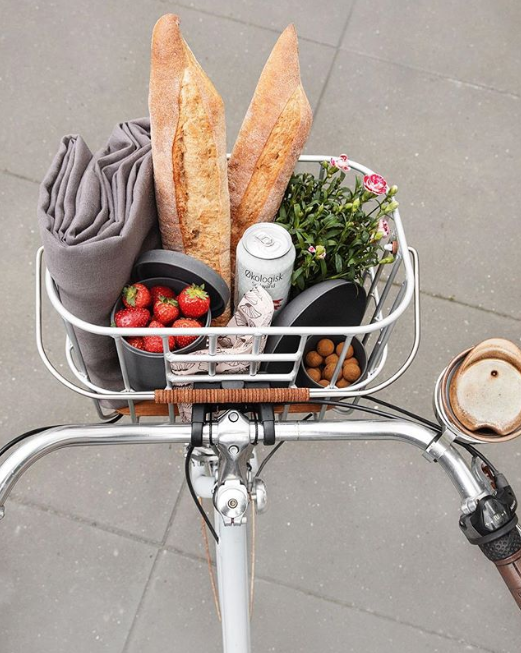Summer is the time a lot of us travel, picnic, host barbecues, and head to the beach. It's also a time we generate a whole lot of plastic waste and trash.
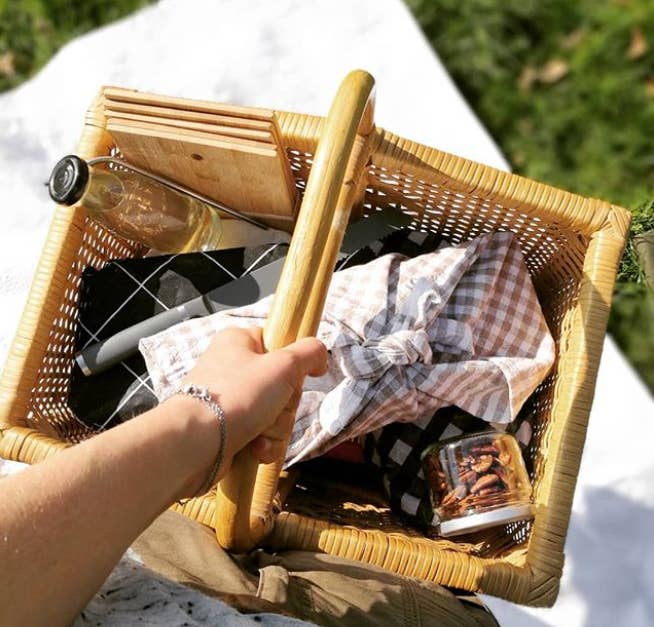
1. When going on a picnic, pack your regular cutlery instead of taking plastic.
Take a dish towel too, and wrap the used cutlery in it after your meal. When you get home, throw the towel in the laundry basket and wash your cutlery in the sink. Easy and totally waste-free!
2. And invest in a set of cloth napkins.
Not only are these 100% reusable, they'll also elevate the whole aesthetic of your lunch in the park.
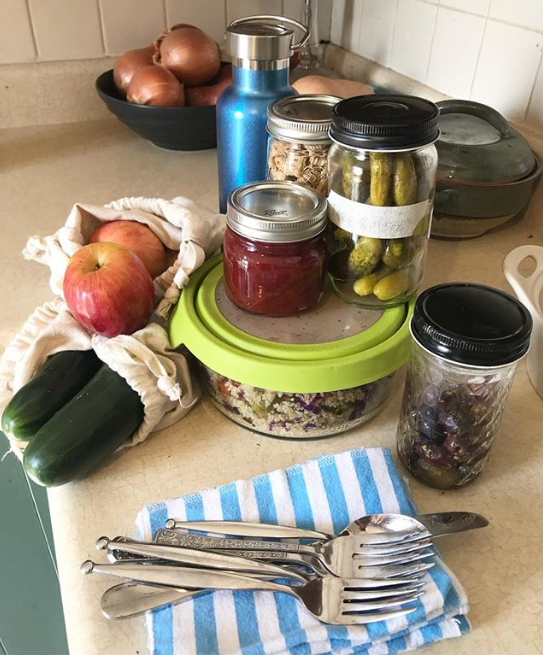
3. Visit your local thrift shop (or look on Craigslist) before buying any picnic, beach, or camping gear.
See if you can find lightly used picnic baskets, rugs, and containers before splashing out the big bucks on brand new items.
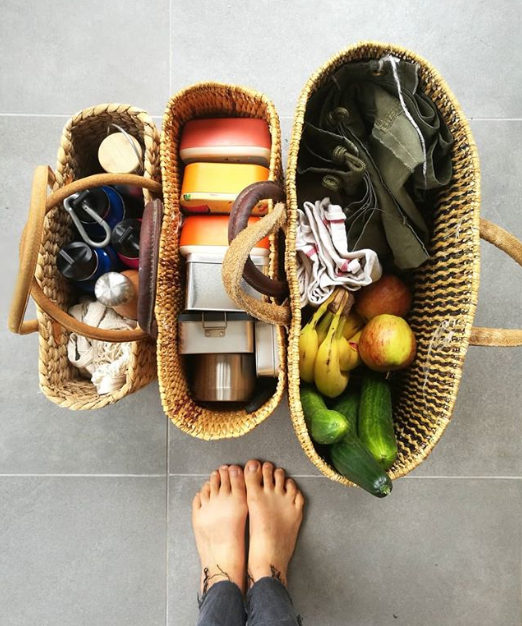
4. Serve finger food that doesn't require extra plates and utensils at parties.
If your number of guests outweighs the number of plates you have in your cupboard, serve bite-sized snacks that can be passed around on a tray or two.
5. If you're heading on a road trip, picnic, or to the beach, bring an empty jar along with you for food scraps.
If you compost, this is a simple and mess-free way to get your food waste home safely. If you don't, this is still a smart way to keep your scraps out of bins where local wildlife — who probably shouldn't be eating your sandwich crusts — might find them.
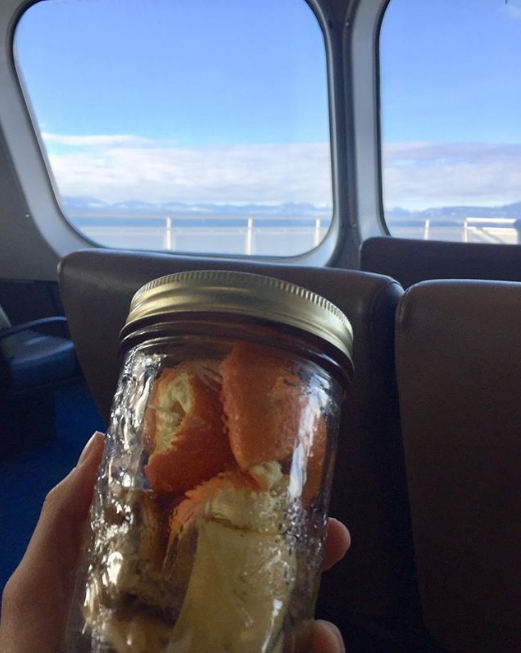
6. Pack food in beeswax wraps or reusable zip-lock bags instead of plastic wrap.
You can get a set of three beeswax wraps from Amazon for $18 and a set of four reusable silicone bags for $17.99. If you're feeling creative, you can also make your own reusable snack bags out of food-safe fabric.
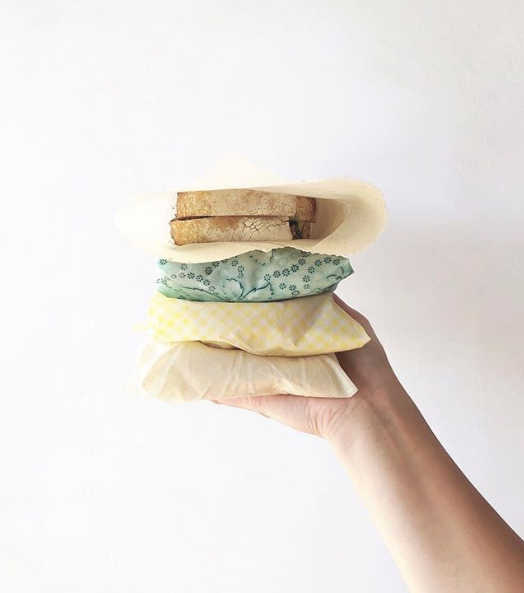
7. Use milk and cooled green tea bags to help heal sunburn before deciding whether or not you really need a store-bought remedy.
If you already have either of these doctor-approved natural remedies at home, try them out before you spend money on a new packaged product.
8. And try making your own natural mosquito repellent before buying one that's likely packaged in a plastic bottle or aerosol can.
In her book Zero Waste Home, Bea Jonhson suggests using a mixture of vinegar and lavender essential oil to ward off mosquitos. Peppermint and citronella oil also keep the insects at bay, according to Essential Oils: All-natural remedies and recipes for your mind, body and home — just remember to mix your essential oils with a carrier oil, like olive or jojoba, before applying to skin.
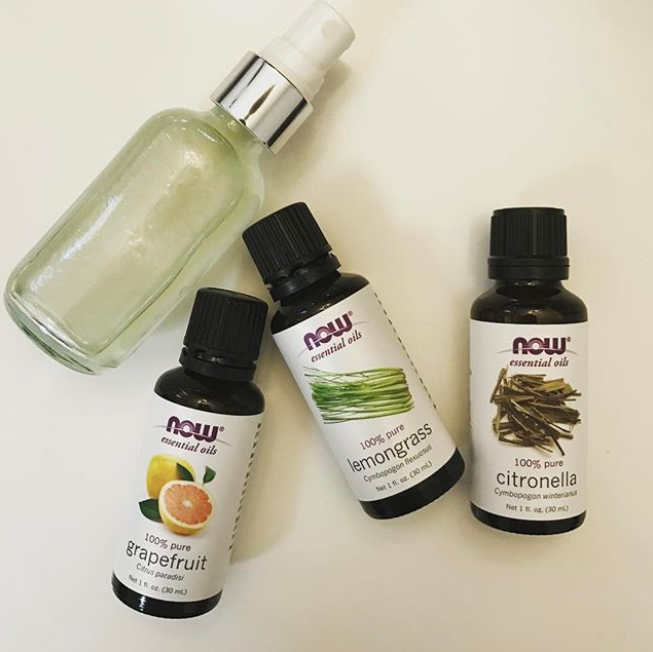
9. When camping, pack Castile soap to wash your body, pets, vegetables, clothes, and dishes.
According to Johnson, Castile soap can do pretty much anything, which makes it perfect for traveling and cutting down on plastic waste. While you previously might have bought body wash, dish soap, laundry detergent, and hand soap before a camping trip, you can actually save yourself money and plastic packaging by sticking with Castile soap.
Get it from Amazon for $15.98.
10. Try to repair camping and beach gear before replacing it.
If your tent has a rip or hole in it, this $4.99 repair tape might just do the trick and save you a lot of money. If you have an issue with a tent pole, check out Tentpole Technologies to see if you can order a replacement or repair. One of the best ways to cut down on the amount of waste you create is to always try and repair your things before you replace them.
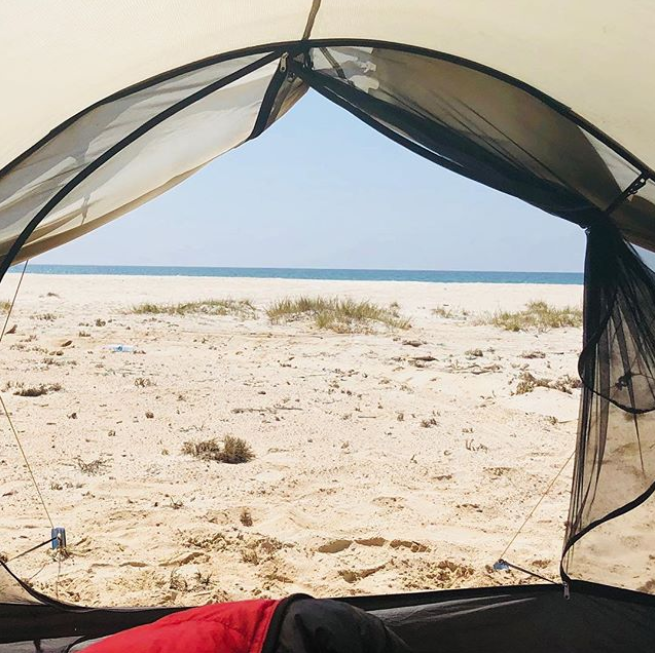
11. If you shave in the summer, try replacing your plastic razor with a safety razor.
While disposable razors (and those with disposable heads) end up in landfill relatively quickly, safety razors are built to last, with only the razor blade itself ever needing replacing. This safety razor has over 5,700 reviews on Amazon, a 4.5-star rating, and is $28.88.
12. Avoid takeaway food that's served in styrofoam packaging at all costs.
"Also known as foamed polystyrene or plastic #6, styrofoam can sit in a landfill for centuries," Ashlee Piper writes in her book Give a Sh*t: Do Good. Live Better. Save the Planet.. Of all the materials food is packaged in, styrofoam is up there with the very worst.
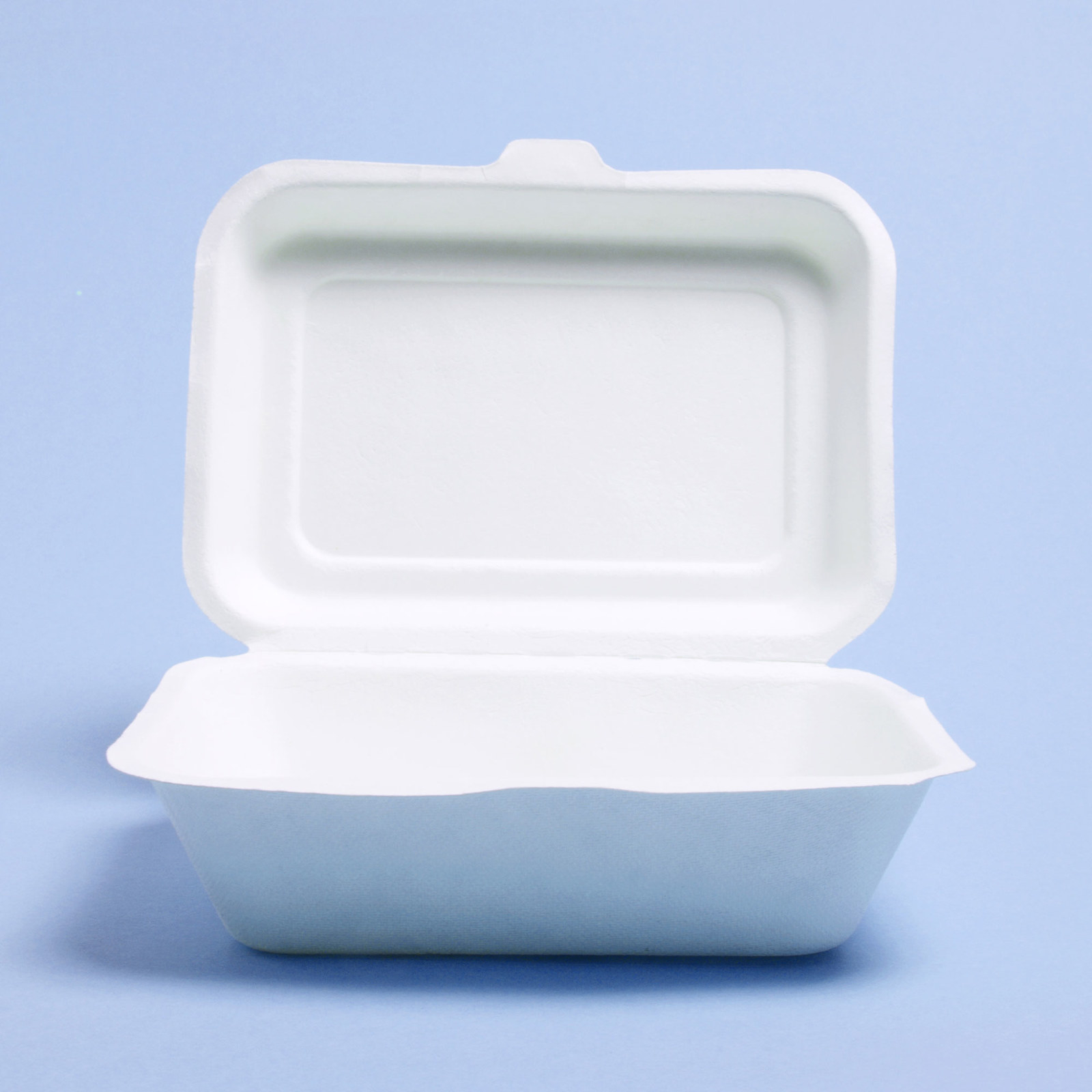
13. If you're traveling overseas during the summer, learn to say a few key eco-friendly phrases in the language.
"Tap water," "no straw," and "no bag" are all super helpful phrases to commit to memory — along with a "thank you," of course.
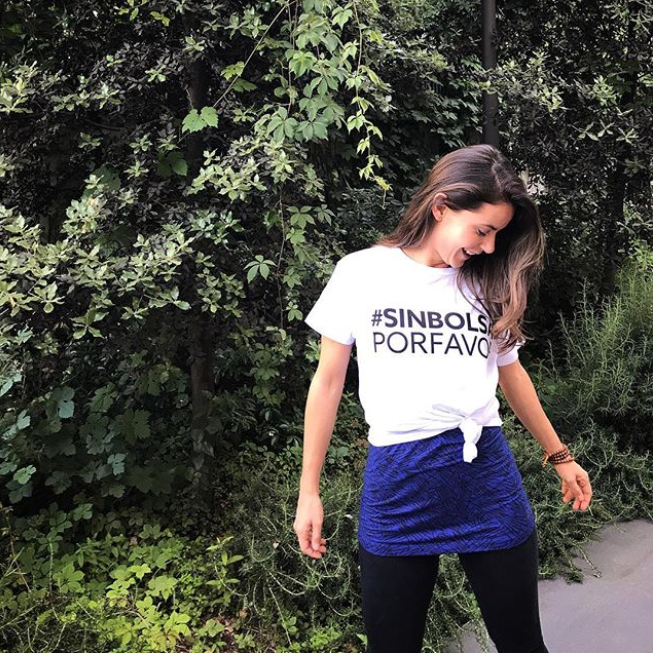
14. And challenge yourself to go three months without using a plastic straw or single-use water bottle.
Chances are that by the time fall rolls around, you'll have totally broken two little plastic habits.
Have a magical and low-waste summer, everybody. ✨
